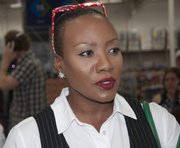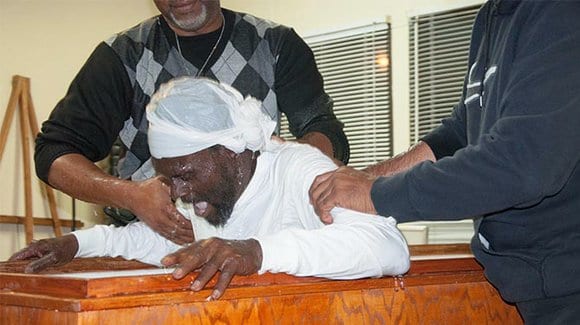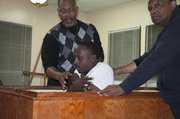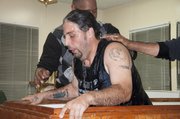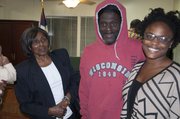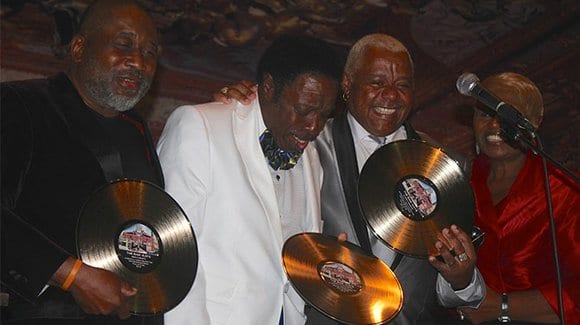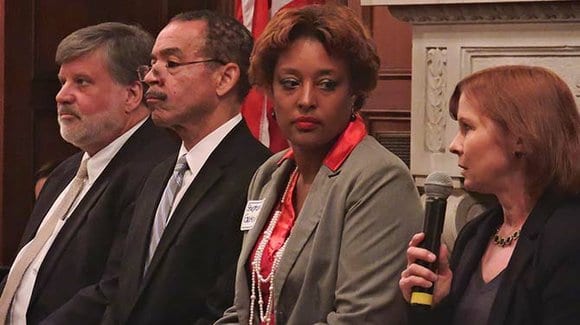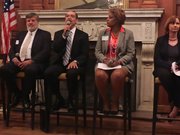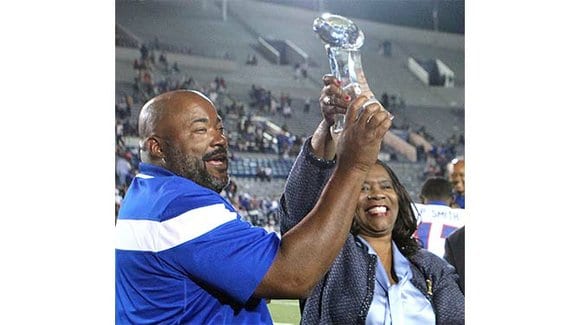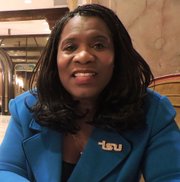By Nielsen

New technology is everywhere. Auto makers are racing to develop self-driving cars, coffee retailers are hoping you’ll use an app to order your morning coffee before you even enter the shop, and retailers hope to offer home delivery by drone in the not-too-distant future. On the consumer front, many Americans are readily embracing new technologies that help them more easily navigate their busy lives and be more productive in the process.
When it comes to the walls in which we live, however, adoption rates for smart home products is still a work in progress.
And when we talk about “smart home technology,” we’re not just talking about a washing machine that can sense how big the load of clothing is or a lighting system that dims and brightens as the sun rises and sets. Rather, the broader smart home landscape covers a range of products and services that allow consumers to automate a number of household devices, appliances and functions according to their lifestyles. To date the most popular smart home products are smart thermostats, home security and monitoring systems and wireless speakers, but the category is rapidly expanding into other elements of the home.
While smart home technology is widely available and becoming more advanced at a rapid clip, most consumers are somewhat ambivalent about it. A recent study from The Demand Institute found that most consumers aren’t typically interested in technology for the sake of technology. In fact, the study found that only 36 percent of Americans are excited to incorporate technology into their homes, and just 22 percent say having the latest tech is important in their current or future homes. Today, just one in five U.S. households currently have a smart home product.
Raising awareness as
connectivity needs increase
Part of the low adoption and interest may be due to consumers’ limited understanding of smart home technology. While knowledge in the U.S. about the latest smartphone and computer technology is relatively high, a survey done by The Harris Poll® found that nearly two-thirds of consumers don’t know much about smart home technology.
That’s not to say smart homes will fail to take off. While not a major influence today, connectivity and technology continue to play an increasingly important role in our lives. And to that effect, most consumers say they think smart home technology and connected devices will grow in importance in the years to come.
And with that in mind, many—78 percent in fact, according to The Harris Poll® — expect new homes to include smart home technology within the next five years. Much in the way cars built five years ago did not likely include rear-view cameras or blind spot protection as standard equipment, many being built today do.
As with many new digital innovations, younger and affluent consumers will be the earliest adopters of smart home tech. And what’s interesting is that interest among both owners and renters is similar. The Demand Institute attributes this to two factors:
• Owners are more affluent and have the discretionary means to purchase new technology
• Renters are younger and generally more open to new technology
Today’s smart home landscape is cluttered and evolving. Numerous platforms, communication and security protocols abound. Marketing efforts touting tangible benefits have yet to truly move the needle, and adoption rates aren’t significant.
As has happened with other tech categories, the landscape will likely pick up serious momentum when a company or small group of companies crack the code on smart home tech. That will be the point at which the adoption of these technologies become widespread and game-changing.




